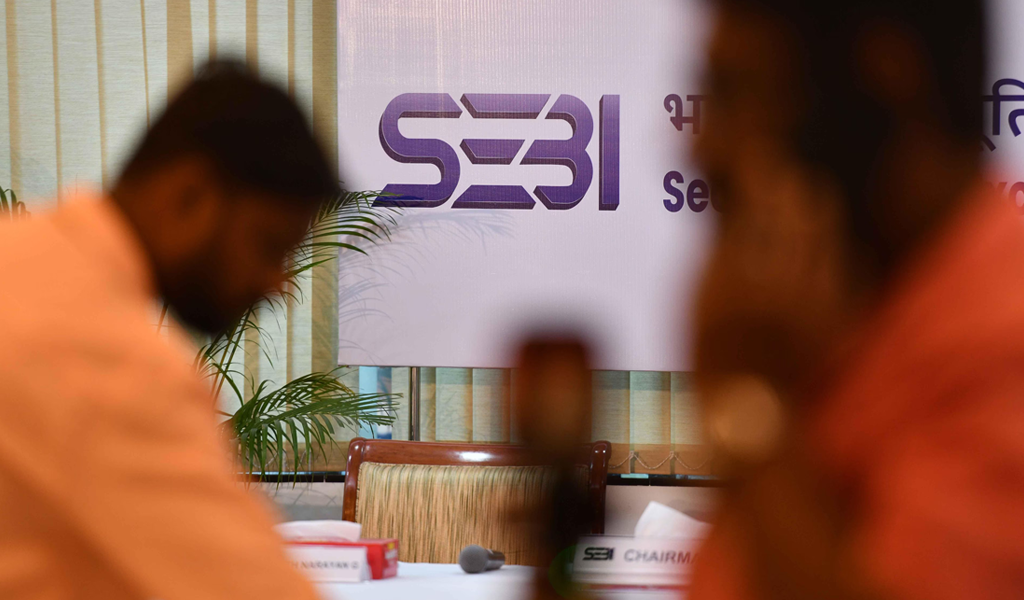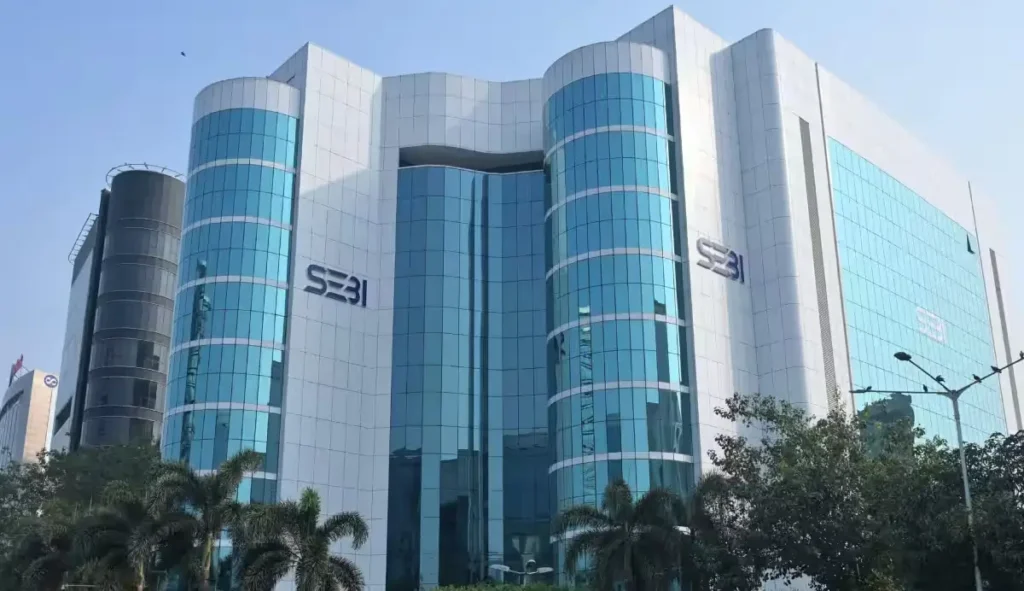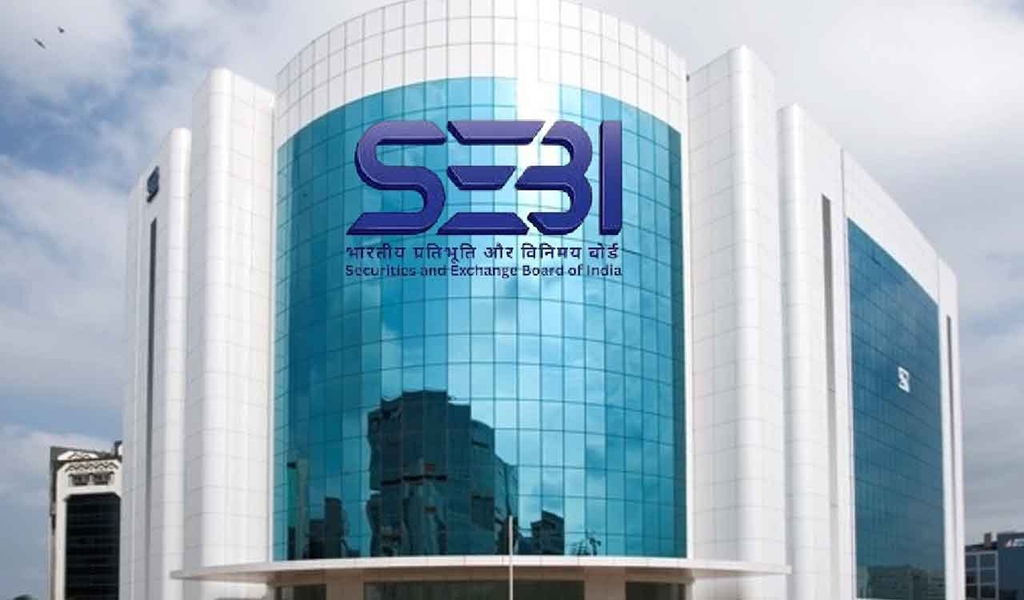- Home
- Who we are
- What we do
- Audit
- BRSR & ESG Reporting
- Companies Act (Secretarial)
- CSR Program & Impact Assessment
- FEMA
- Financial Services
- Legal
- Investment Banking
- Limited Liability Partnership (LLP)
- Merger & Acquisition
- NBFC
- Oppressions & Mismanagement
- Prevention of Sexual Harassment
- Risk Management
- Securities law
- Voluntary winding up & Insolvency Cases
- Executive Training & Seminars
- Project Management
- Institutionalization
- What’s happening
- Knowledge hub
- Contact




